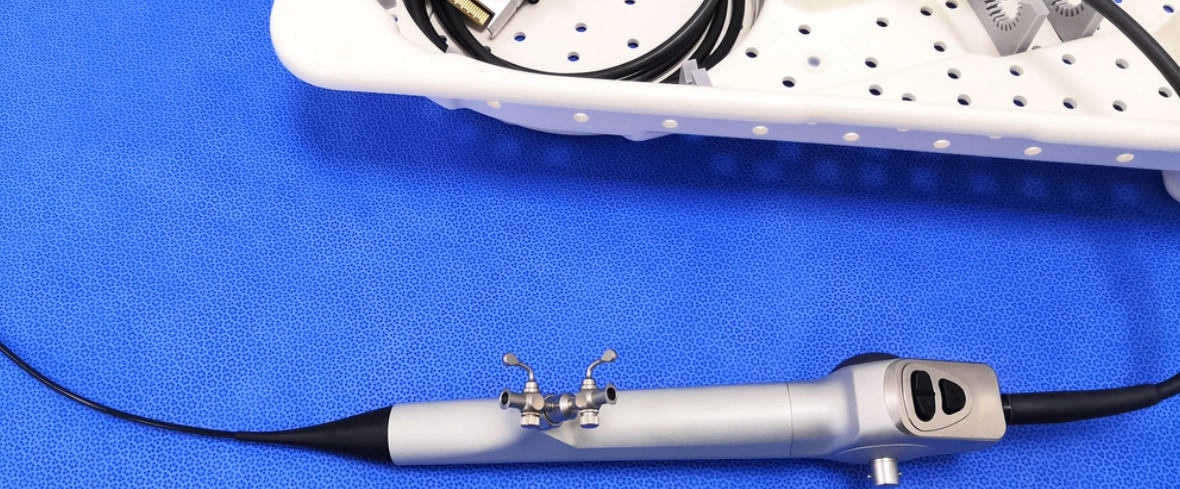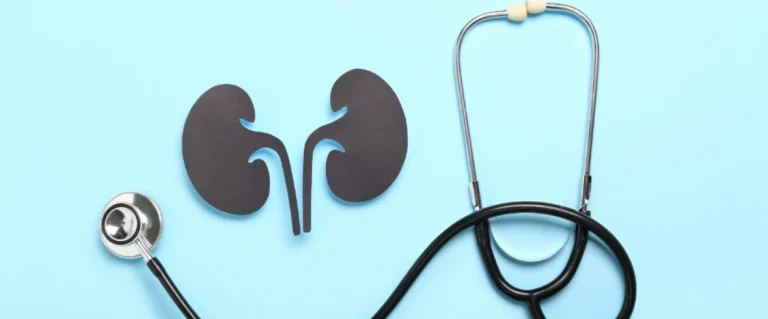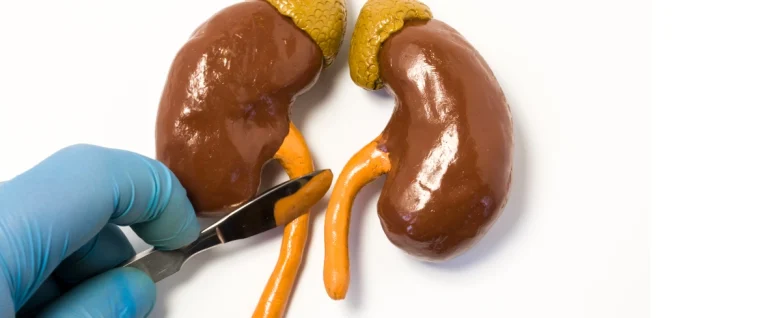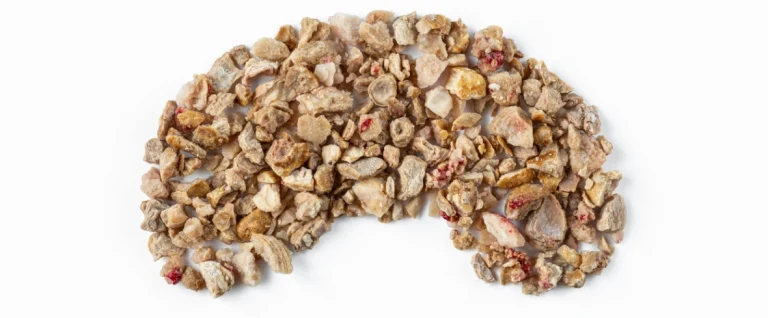Kidney stones are a common problem that affects millions of people worldwide, including many in Navi Mumbai. The discomfort, pain, and potential complications associated with kidney stones can be overwhelming. Traditionally, kidney stones have been treated with invasive surgical procedures. However, with advancements in medical technology, ureteroscopy has emerged as a minimally invasive, non-surgical option for kidney stone removal.
In this blog, Dr. Ajinkya Patil, a leading urologist in Navi Mumbai, with clinics in Panvel, Vashi, and Kharghar, explains how ureteroscopy is performed, its benefits, and why it is a preferred treatment option for many patients suffering from kidney stones.
What is Ureteroscopy for Stone Removal?
Ureteroscopy is a medical procedure used to remove stones from the kidneys or the ureters (the tubes that carry urine from the kidneys to the bladder). This non-surgical treatment is ideal for patients with stones that are too large or located in areas that are difficult to reach with traditional methods. Ureteroscopy involves the use of a small, flexible tube with a camera attached (ureteroscope) to visualize the stones and remove them.
How Ureteroscopy Works
During the ureteroscopy procedure, the urologist uses the ureteroscope, which is inserted through the urethra and bladder, reaching the ureter and kidney. The stones are either fragmented using a laser or removed intact, depending on their size and location.
The procedure does not require any large incisions, and patients typically recover much faster than with traditional surgery. Ureteroscopy is often performed under general anesthesia, and the patient can usually go home the same day.
Why Choose Ureteroscopy for Stone Removal?
Ureteroscopy has become an increasingly popular treatment option for kidney stone removal due to its numerous advantages:
1. Minimally Invasive
Unlike traditional surgery, ureteroscopy does not require large incisions. The procedure is performed using a tiny flexible tube, which minimizes tissue damage and reduces the risk of infection.
2. Quick Recovery Time
Most patients who undergo ureteroscopy experience a quicker recovery compared to traditional surgery. The procedure is minimally invasive, which means there is less discomfort, less bleeding, and a faster return to normal activities.
3. Effective for Stones in Hard-to-Reach Areas
Ureteroscopy is especially useful for stones located in parts of the kidney or ureter that are difficult to reach through other treatments. With the flexibility of the ureteroscope, stones can be removed even from the most challenging locations.
4. No Need for External Incisions
One of the greatest benefits of ureteroscopy is that it is performed entirely through the urinary tract. This means that no external incisions are needed, reducing the potential for scarring and a long recovery time.
Symptoms of Kidney Stones: When to Consider Ureteroscopy
Kidney stones can cause severe pain and discomfort. The most common symptoms that indicate the presence of kidney stones include:
- Sharp pain in the lower back, side, or abdomen (often described as colicky pain)
- Blood in the urine (hematuria)
- Frequent urination or a constant urge to urinate
- Painful urination
- Nausea and vomiting
If you experience any of these symptoms, especially intense pain, it is essential to seek medical advice from a qualified urologist. If the stones are causing severe symptoms or complications, ureteroscopy for stone removal may be recommended as an effective treatment option.
Causes and Risk Factors of Kidney Stones
Understanding the causes and risk factors of kidney stones is essential for prevention and management. Some of the common factors include:
- Dehydration: Not drinking enough water leads to concentrated urine, increasing the risk of kidney stone formation.
- Dietary Factors: A diet high in salt, sugar, or oxalates can contribute to kidney stone formation.
- Obesity: Overweight individuals are more likely to develop kidney stones due to higher levels of certain chemicals in the urine.
- Family History: Genetics can play a role in the development of kidney stones, with a higher risk for individuals with a family history of the condition.
- Medical Conditions: Conditions like diabetes, hypercalciuria, and gout can also increase the risk of kidney stones.
When to See a Urologist Like Dr. Ajinkya Patil
If you’re experiencing symptoms of kidney stones, such as severe pain or blood in the urine, it’s essential to consult a urologist for ureteroscopy in Navi Mumbai. Dr. Ajinkya Patil, a renowned urologist, specializes in diagnosing and treating kidney stones. With years of experience in handling complex urological conditions, he will guide you through the most appropriate treatment options.
Dr. Ajinkya’s clinics in Panvel, Vashi, and Kharghar offer comprehensive care and advanced diagnostic methods to ensure the best outcomes for kidney stone removal. He will evaluate the size, type, and location of the stones to determine if ureteroscopy is the right treatment for you.
Treatment Options for Ureteral Stones in Navi Mumbai
1. Lifestyle Changes
Drinking plenty of fluids is one of the most important steps in preventing kidney stones. Staying hydrated dilutes the substances in urine that form stones. Additionally, maintaining a balanced diet low in salt and oxalates can help reduce the risk of stones.
2. Medications
Some medications can help prevent kidney stones by regulating calcium levels in the urine or by preventing the formation of crystals. Dr. Ajinkya Patil may prescribe these medications to reduce the likelihood of stones forming.
3. Ureteroscopy for Stone Removal
As discussed, ureteroscopy is a non-invasive method used to remove stones from the kidney or ureter. This treatment is effective for both small and large stones, offering minimal recovery time compared to traditional surgery.
4. Shock Wave Lithotripsy (SWL)
In cases where ureteroscopy is not suitable, Shock Wave Lithotripsy may be an alternative. This procedure uses sound waves to break the stones into smaller pieces, which can then be passed more easily through the urinary tract.
Preventive Tips from Dr. Ajinkya Patil
Preventing kidney stones is often more effective than treating them after they form. Here are some useful tips:
- Stay Hydrated: Drink plenty of water throughout the day, aiming for at least 2-3 liters daily.
- Limit Salt Intake: Reduce your consumption of salty foods to avoid increasing calcium in the urine.
- Eat a Balanced Diet: Consume a diet rich in fruits and vegetables, and avoid excessive consumption of red meat, which can increase the risk of stones.
- Regular Check-ups: If you have a history of kidney stones, regular follow-up visits with a urologist are essential for monitoring and preventing recurrence.
Real-Life Case Study
Mr. Ravi, a 45-year-old resident of Kharghar, visited Dr. Ajinkya Patil after experiencing severe pain in his lower abdomen and frequent urination. After an ultrasound and CT scan, it was discovered that Ravi had multiple stones in his ureter. Dr. Ajinkya Patil recommended ureteroscopy, which was performed successfully. Ravi’s stones were removed without the need for any incisions, and he was discharged the same day. Today, Ravi is stone-free and following Dr. Patil’s preventive advice to ensure a healthy future.
Frequently Asked Questions
Blog- Ureteroscopy for Stone Removal
Final Thoughts from Dr. Ajinkya Patil
Ureteral stones can be extremely painful, but with the right treatment, they can be safely and effectively removed. If you’re experiencing symptoms of kidney stones or ureteral stones, don’t hesitate to consult a qualified urologist. Dr. Ajinkya Patil and his team at Panvel, Vashi, and Kharghar clinics are committed to providing the best care and the most advanced treatment options for your needs. Schedule an appointment today and take the first step towards a stone-free future!





Leave a Comment